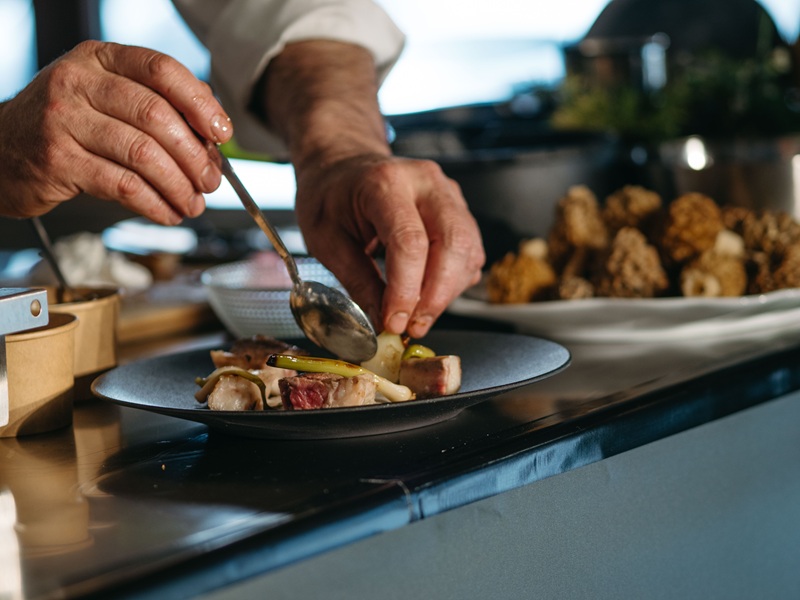Olive oil, a culinary treasure prized around the world for its flavor and health benefits, is in the spotlight in Catalonia due to a worrying rise in prices.
The relentless drought that has affected the region has had an impact on olive oil production, leading to shortages and higher prices.
This situation not only has economic, but also cultural and gastronomic implications, since olive oil is an essential component of Mediterranean cuisine.
Catalonia in a state of emergency due to drought
In Catalonia, the extra virgin olive oil category has reached alarming prices of more than 8 euros per liter in mid-July, according to data from the Ministry of Agriculture.
This figure is close to the prices of the coveted Italian olive oil, which holds the title of the world’s most expensive oil, costing 8.79 euros per liter.
However, this trend is not exclusive to Catalonia; several Mediterranean producing countries, including Spain, Italy, Greece and Tunisia, are also experiencing an increase in prices due to adverse weather conditions.
The impact on olive oil production
Climate change is presented as one of the main culprits behind the decline in olive oil production in Catalonia and other Mediterranean regions.
Extreme temperatures and recurrent drought are negatively affecting olive trees and olive flowering, which significantly decreases the harvest.
Jordi Pasqual, national responsible for the oil sector of Unió de Pagesos, warns that harvests are decreasing year after year due to these adverse weather conditions.
OCU: Barcelona has one of the most expensive water prices in Spain
Olive oil production in Catalonia has suffered a hard blow. Last year, the olive harvest was reduced by 50%, reaching a production of only 15,000 tons of oil.
Projections for this year are equally bleak, with Unió de Pagesos forecasting a 50% drop in the harvest across Catalonia.
Total olive oil production is expected to reach a modest 7,000 tons, significantly below the usual figure of 30,000 tons in Catalonia.
Outlook for the sector
The drought and the resulting consequences have serious implications for the future of the olive oil sector in Catalonia. With approximately 27,500 farms in the region, the agricultural sector is at risk due to its direct dependence on weather conditions.
No footbaths or showers on the beaches this summer to save water
Farmers in areas such as Les Garrigues and Priorat are seeing entire harvests being lost due to reduced tree flowering.
As olive oil prices continue to rise and production declines, solutions are being explored to address this crisis.




